You’ve likely heard the topic of a plant-based diet come up frequently lately, as more and more people discover the benefits of eating this way. Here’s everything you need to know about plant-based meals, including a food list of what to eat.
Plant-based eating focuses on eating foods that come from plant sources. Following a plant-based diet meal plan can offer pretty incredible benefits for your health and the planet.
Let’s be honest though. The number of options for different diets to follow is vast. The claims about which diet is best for you continues to garner comments from the experts.
One thing that health and wellness experts, i.e., doctors and nutritionists agree on is that diets that emphasize fresh, whole ingredients and that minimizes processed foods are paramount for overall wellness.
That is precisely what the plant-based diet meal plan does. The plan focuses on consuming minimally processed foods while effectively stimulating weight loss and improving health.
Here is your primer to plant-based eating. Read on to learn everything you need to know about the plant-based diet, including its potential health benefits, foods to eat (and to avoid), and how to get started.
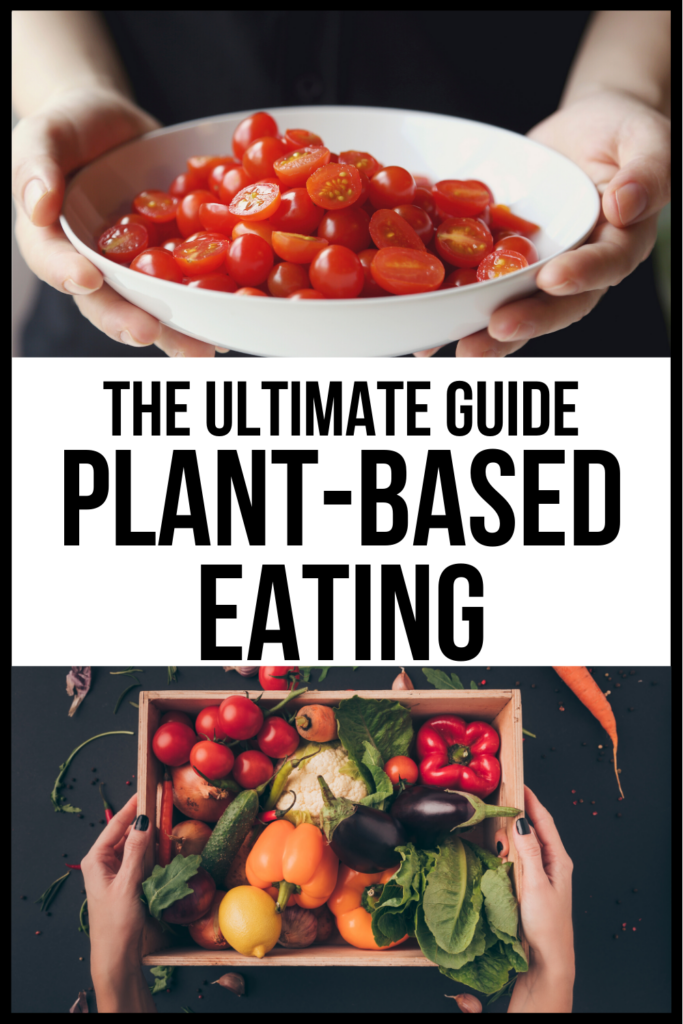
What Is a Plant-Based Diet?
There is no clear definition regarding a plant-based diet because it’s not really a set diet, but rather more of a lifestyle.
Generally speaking, plant-based meals involve consuming foods that come from plants. However, people tend to interpret this definition in different ways.
For some people, a plant-based diet means a vegan diet avoiding animal products altogether. For others, it’s a diet with plant foods (vegetables, fruits, whole grains, nuts, legumes) as the primary focus, occasionally consuming small amounts of meat, fish, eggs, or dairy products.
No matter the degree to which you choose to include animal products, the basic ideas of plant-based eating follow these general guidelines:
- Emphasizes whole, minimally processed foods.
- Limits or avoids animal products.
- Focuses on plants (vegetables, fruits, whole grains, legumes, seeds, and nuts), which should make up the majority of what you eat.
- Eliminates refined foods, such as added sugars, white flour, and processed oils.
- Pays attention to food quality, favoring locally sourced and organic food whenever possible.
Plant-Based Diet Plan For Beginners – The Benefits
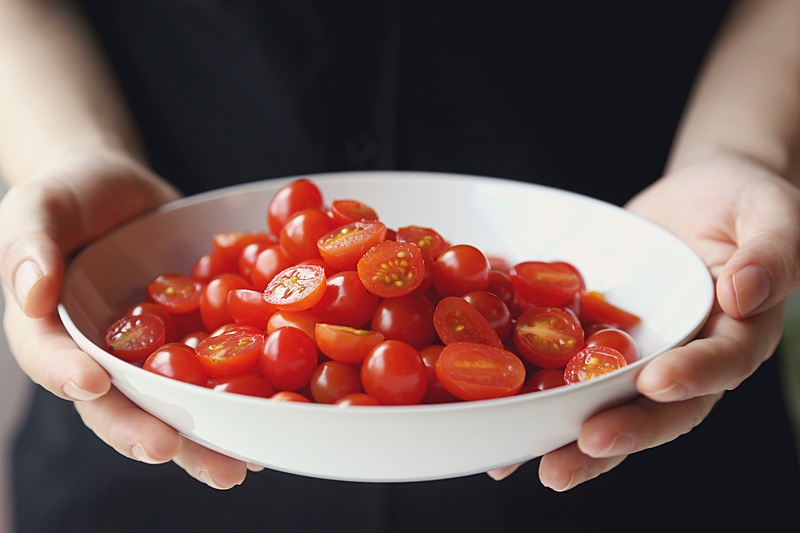
Ok, maybe you think that you eat a healthy diet that includes lots of whole foods. What are the benefits of eating a plant-based diet? Why bother making a switch?
A plant-based diet meal plan can help you lose weight while also improving many health conditions. With more than half of adults in the US being overweight, or obese, simple lifestyle changes are crucial! Eliminating processed food with plant-based eating can have a lasting impact on both your waistline and your health.
Here are a few health conditions that plant-based eating can benefit:
Prevents Heart Disease
Plant-based diets are heart-healthy. Studies have shown that people who eat a plant-based diet rich in vegetables, fruits, whole-grains, legumes, and nuts have a significantly lower risk of developing heart disease than those following non-plant-based diets.
However, the quality and types of foods included in the diet make a difference. Those same studies showed that people who also ingested sodas, processed sugars, and refined grains had a slightly higher risk of developing heart disease.
Reduces Risk of Cancer
Research suggests that following a plant-based diet may reduce your risk of certain types of cancer, especially colorectal cancer.
Slows Cognitive Decline
Studies suggest that diets rich in vegetables and fruits may help slow or prevent cognitive decline and Alzheimer’s disease in older adults due to the higher number of plant compounds and antioxidants in plant-based diets.
It’s Good for the Planet
Adopting a plant-based diet not only benefits your health, but it can help protect the environment too! People who eat a plant-based diet meal plan tend to have smaller environmental footprints.
What Foods Can You Eat On A Plant-Based Meal Plan?
For many people, animal products are the main focus of most meals. When switching to a plant-based meal plan, meals should center around plant-based foods. Animal products, if used, are eaten in smaller quantities to complement the plant-based meal.

Suggested Foods To Eat On A Plant-Based Diet
- Fruits: Berries, citrus fruits, pears, peaches, pineapple, bananas, etc.
- Vegetables: Kale, spinach, tomatoes, broccoli, cauliflower, carrots, asparagus, peppers, etc.
- Starchy vegetables: Potatoes, sweet potatoes, butternut squash, etc.
- Whole grains: Brown rice, rolled oats, farro, quinoa, brown rice pasta, barley, etc.
- Healthy fats: Avocados, olive oil, coconut oil, unsweetened coconut, etc.
- Legumes: Peas, chickpeas, lentils, peanuts, black beans, etc.
- Seeds, nuts and nut butter: Almonds, cashews, macadamia nuts, pumpkin seeds, sunflower seeds, natural peanut butter, tahini, etc.
- Unsweetened plant-based milk: Coconut milk, almond milk, cashew milk, etc.
- Spices, herbs, and seasonings: Basil, rosemary, turmeric, curry, black pepper, salt, etc.
- Condiments: Salsa, mustard, nutritional yeast, soy sauce, vinegar, lemon juice, etc.
- Plant-based protein: Tofu, tempeh, plant-based protein sources or powders with no added sugar or artificial ingredients.
- Beverages: Coffee, tea, sparkling water, etc.
Foods To Minimize
While healthy animal foods can be included, minimize the use of these products should in all plant-based diets.
- Beef
- Pork
- Lamb
- Game meats
- Poultry
- Eggs
- Dairy products
- Seafood
Avoid These Foods
- Fast food: French fries, cheeseburgers, hot dogs, chicken nuggets, etc.
- Added sugars and sweets: Table sugar, soda, juice, pastries, cookies, candy, sweet tea, sugary cereals, etc.
- Refined grains: White rice, white pasta, white bread, bagels, etc.
- Packaged and convenience foods: Chips, crackers, cereal bars, frozen dinners, etc.
- Processed vegan-friendly foods: Plant-based meats like Tofurkey, faux cheeses, vegan butter, etc.
- Artificial sweeteners: Equal, Splenda, Sweet’N Low, etc.
- Processed animal products: Bacon, lunch meats, sausage, beef jerky, etc.
How To Get Started With Eating A Plant-Based Diet
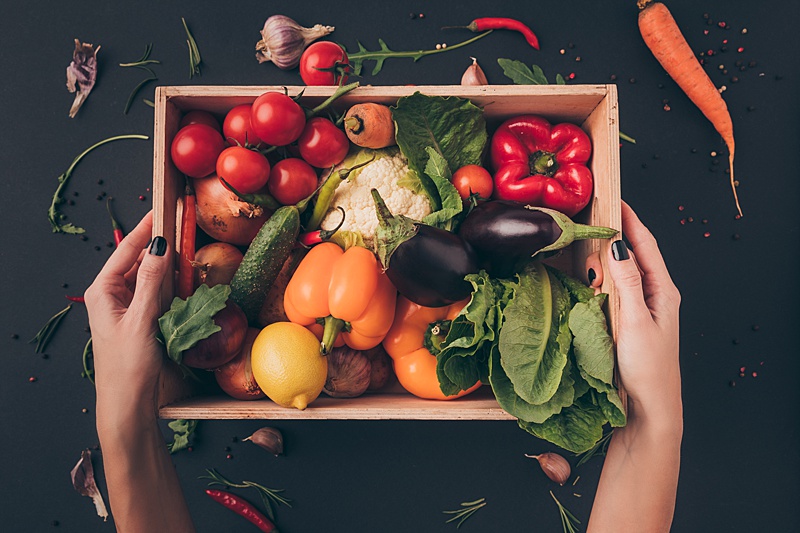
Interested in trying it? Here are some tips to help you get started on a plant-based diet:
Eat lots of vegetables. Eat more whenever you can. Enjoy vegetables as a snack with hummus, salsa, or guacamole. Eat the rainbow when choosing your vegetables, going for variety in the colors you choose.
Change the way you think about meat. Switch your typical portion sizes for meat and vegetables. Use meat as a garnish rather than the centerpiece.
Choose good fats. Fats in olive oil, olives, nuts, nut butter, seeds, and avocados are particularly healthy choices.
Cook with plant-based oils such as olive, canola, sesame, or peanut oils.
Include whole grains for breakfast. Choose oatmeal, quinoa, buckwheat, or barley. Then add some nuts or seeds along with fresh fruit.
Go for greens. Try a variety of green leafy vegetables such as kale, collards, Swiss chard, spinach, and other greens each day. Steam, grill, braise, or stir-fry to preserve their flavor and nutrients. You can even add them to your smoothies!
Eat fruit for dessert. A ripe, juicy peach, a refreshing slice of watermelon, or a crisp apple will satisfy your craving for a sweet bite after a meal.
Regardless of the type of plant-based diet meal plan that you choose, adopting this way of eating is sure to boost your health and trim your waistline.
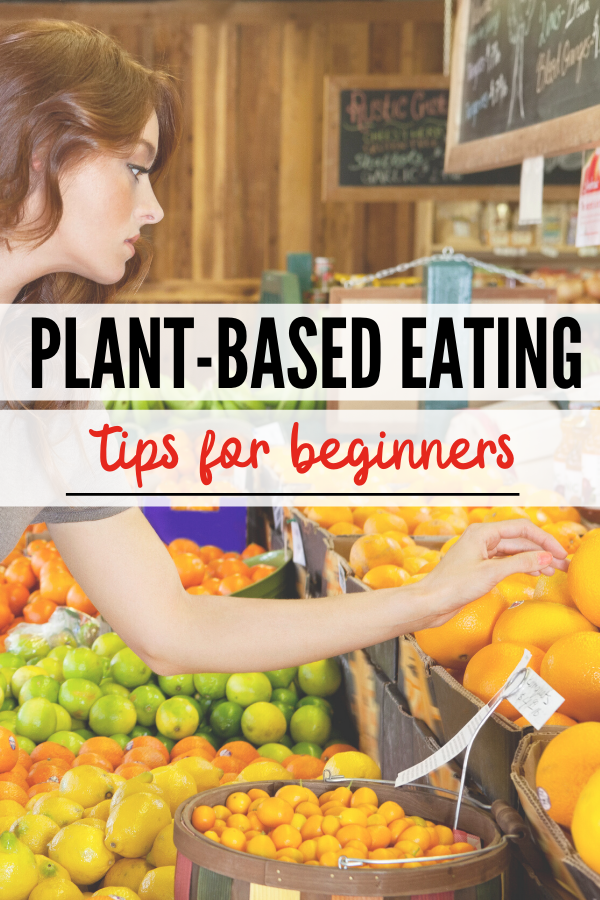

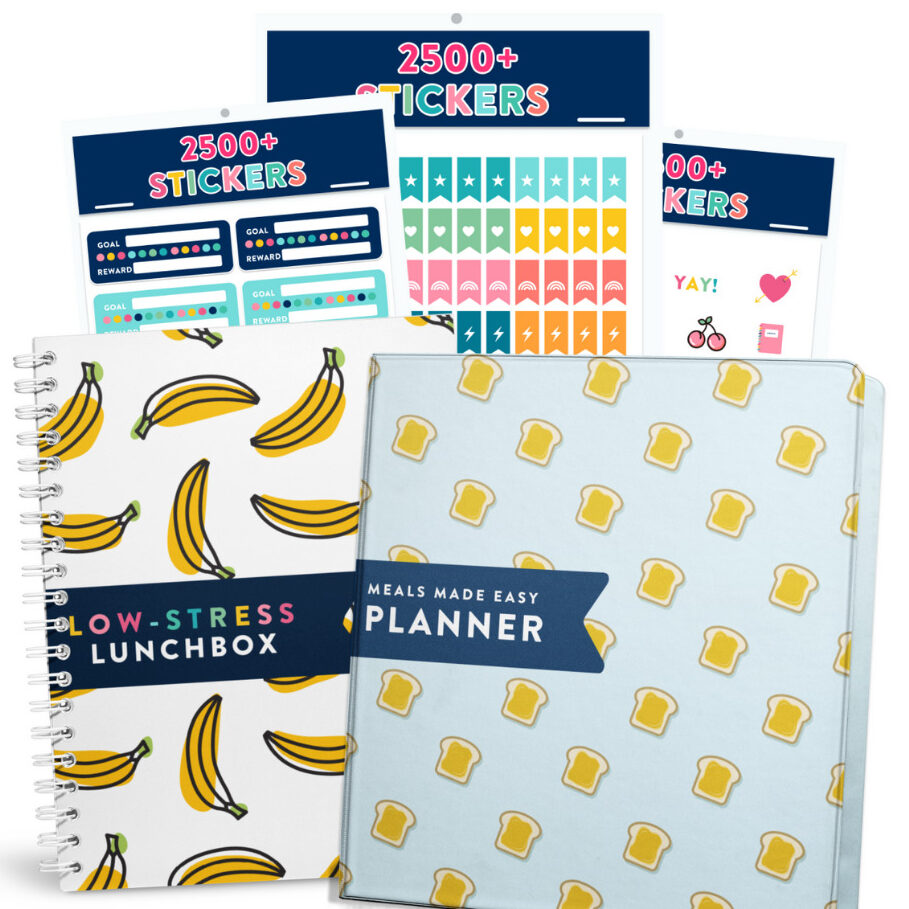
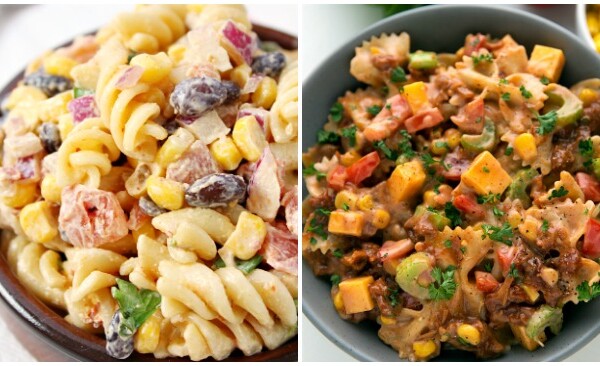
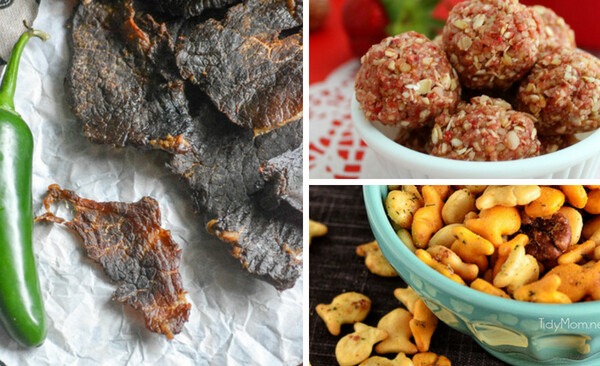

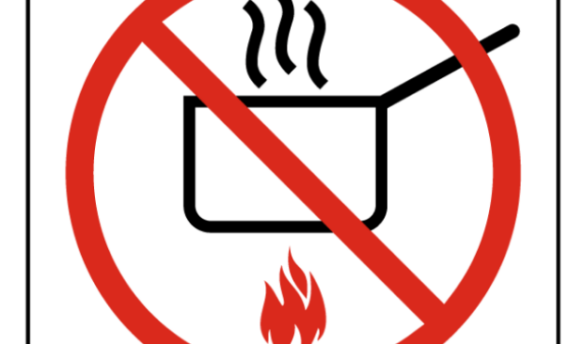




0